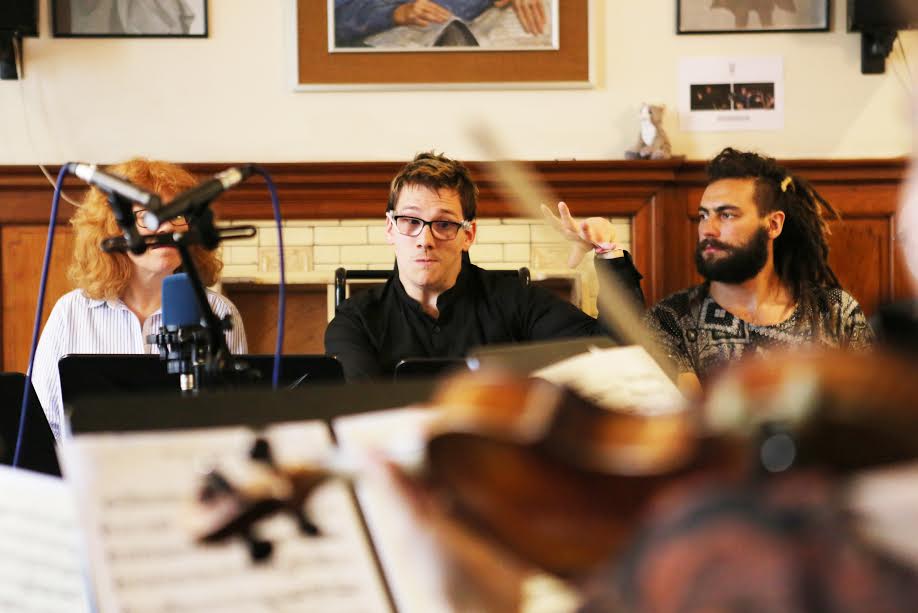He’s always said he wanted to perform on the island where his parents appeared often with their touring company.
Now, the baritone, 75, has arranged to give a concert next month in Havana.
Details here.

He’s always said he wanted to perform on the island where his parents appeared often with their touring company.
Now, the baritone, 75, has arranged to give a concert next month in Havana.
Details here.

Eyebrows show up when a London auction firm said it was seeking £20-30,000 for a cello bow by James Tubbs once owned by Jacqueline Du Pre.
That’s 2-3 times the face value of a Tubbs, but bidders were seemingly not deterred.
Bidding had reached £31,000 when the bow was pulled from sale.
What happened?
Here’s what the auctioneers are telling the frustrated bidders:
Lot 32 from our October auction, the James Tubbs cello bow presumed to have been in the possession of Jacqueline du Pré, has been withdrawn. The bow came to us from a reliable source, however new information has since been brought to our attention which caused us to investigate further.
With the help of Jacqueline’s siblings, Hilary and Piers, we confirmed some elements of the bow’s history but others remained in doubt. We then called David and Andrew Hill and Charles Beare who were the dealers who knew Jacqueline best at different parts of her career. Neither David nor Andrew could specifically recall the bow or was able to confirm that the bow had been sold through Hills as had been reported to us by our consignor.
Our responsibility is to present things accurately and correctly and to look out for the interests of our clients. There is no doubt this bow is a fine example of a James Tubbs in virtually untouched state, but unfortunately we no longer have the confidence to stand behind the provenance and have chosen to withdraw the bow.
From the Lebrecht Album of the Week:
What a difference a label can make. All his adult life, ever since he won the 1972 Leeds Piano Competition, Murray Perahia has recorded exclusively for Columbia Masterworks, known now as Sony Classical after a Japanese takeover. In a fragmenting record industry, Perahia’s was among the last label loyalists. CBS/Sony engineering was the sound by which he was known.
It began as a natural fit – New York pianist with New York label, joined at the hip by Vladimir Horowitz who admired Perahia above all young pianists. But Perahia moved to London and, over time, developed a sound that was rounder and softer than the Sony trademark. Sony, too, turned aggressively less classical, out for the quick crossover buck. Perhaia’s sensitivities were cut adrift and divorce became inevitable.. It cannot have been easy to negotiate since this release, Perahia’s debut recording on Deutsche Grammophon, was made in Berlin in July 2013. It has taken more than three years for the project to overcome legal and commercial objections.
Now read on here.
And here.
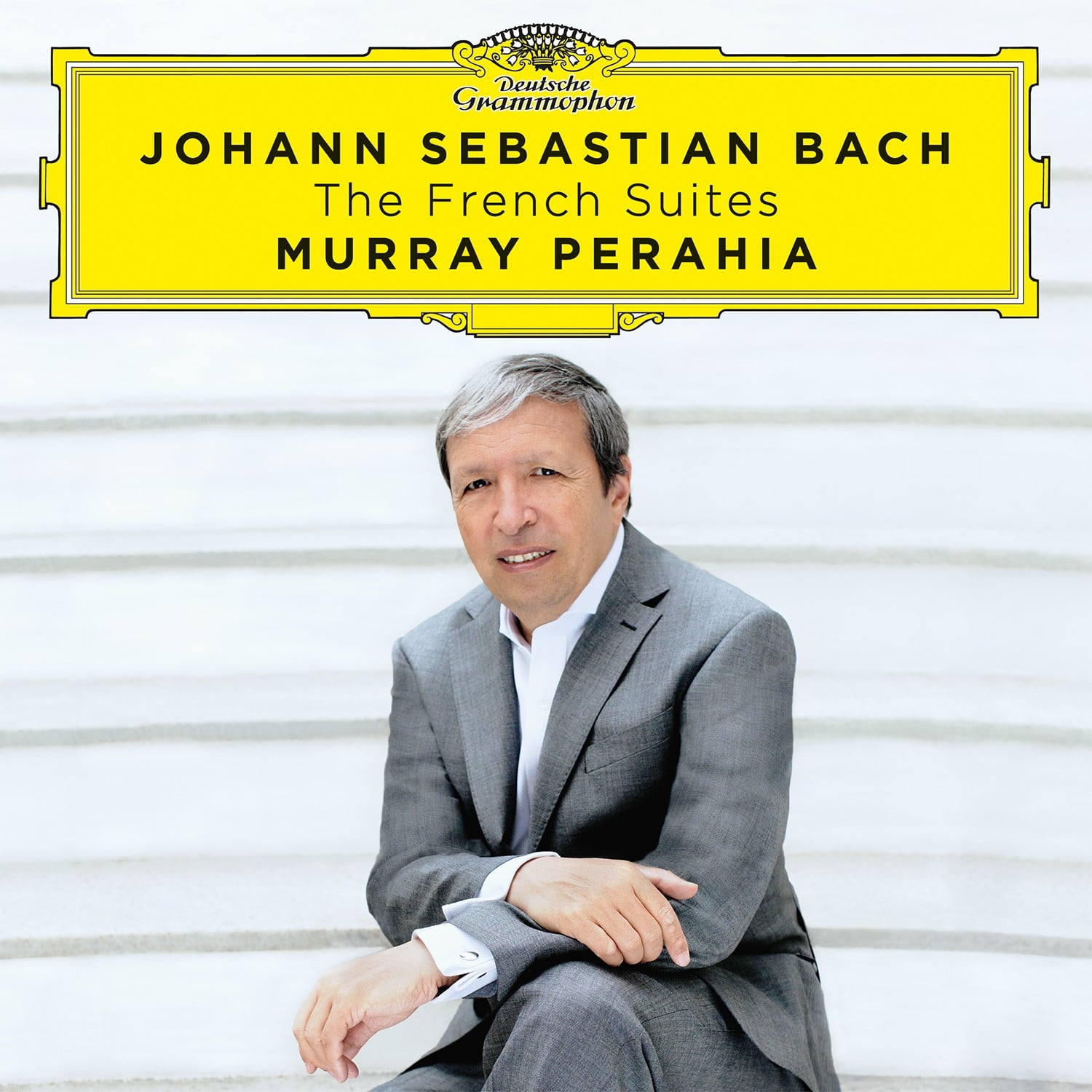
Or here.
From acoustician Willem Boning’s recent interview with the late Leo Beranek:
WB: I don’t particularly like the sound in Vienna.
LLB: You’re right—Boston is better! And von Karajan and I talked a lot about this. And he liked Boston better.
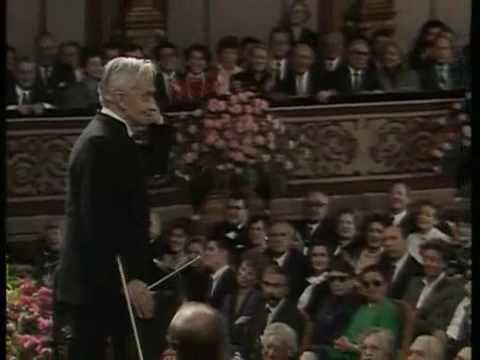
And what did he have to say about that?
First of all, the Musikvereinsaal gets very loud. It’s very intense noise. Sound, not noise, but sound. And as you go back in there the reflections off the side walls change. It’s not uniform reflections. So it depends on where you sit and what you hear. It’s not uniform.
How does the sound change?
Well [laughs], it changes when the reflections from the side walls change. That’s what you hear.
They become relatively stronger…
… or weaker. And that’s particularly at the higher frequency ranges, you see?
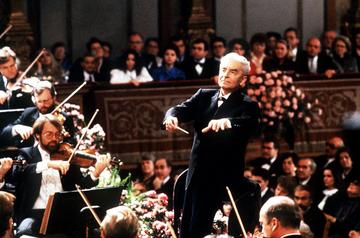
Leo L. Beranek, the American scientist who turned acoustics into an international business, has died in a retirement home in Westwood, Mass., at the great age of 102.
Aside from his pioneering work at Bolt, Beranek, Newman, Beranek founded a television station in Boston and made millions when he sold it. He also chaired the trustees of the Boston Symphony Orchestra and gave generously throughout his life.
Despite notable acoustic successes elsewhere – especially the Tanglewood Music Shed – he was heavily criticised in 1962 for the sound of the Philharmonic Hall at Lincoln Center and did not undertake another concert hall for 30 years.
Obit here.
Recent interview here.
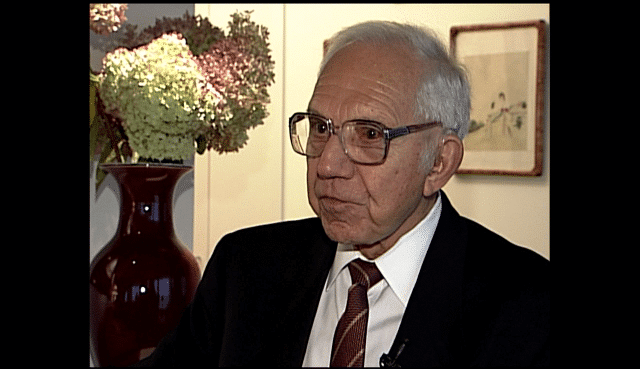
Our weekly bulletin from Anthea Kreston of the award-winning Artemis Quartet:
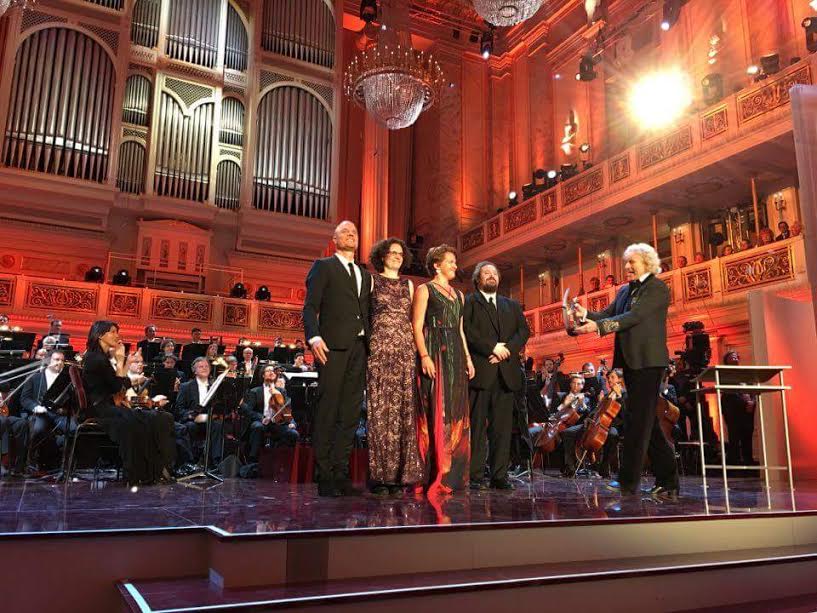
We have had a week of illness – first me, then our first violinist was ordered to stay in bed for the week) and now our violist (standing next to me, waiting for security at the airport). Most immediate family members are down as well. A week of cancelled rehearsals buttress the Echo Awards (European Grammys) and performances. A member falls into a desperate, heavy sleep during intermission of our concert, to be gently shaken awake for the second half of the program.
The last to fall (or not to fall) is our cellist, who has surrounded himself with ginger tea.
In the thick of all this – a behind-the-scene look at the glamorous and magical Echo Awards – from my first red carpet walk to rubbing elbows with classical music’s elite.
Pre-show, abundant emails and detail-checking set my expectations high – this was going to be a spectacle – visually, musically, and star-studded. Because of security, we were asked to arrive first one hour, then an hour and a half early, with official identification. A car was sent to my apartment 2 hours before we were to be seated, and my sister, visiting from Berkeley, accompanied me as my plus-one. She came prepared – floor-length black gown with jewelled turquoise straps crisscrossing the just-appropriately low back of the dress. I wore my latest dress – a purple straight lined floor-length dress, covered in teeny glittering beads, and a diamond cut-out in the back.
As we giggled in the back of the car, wondering out loud if we were going to have an “entrance” from the car, we rounded the corner to see a magnificently lit Konzerthaus at the Gendarmenmarkt. As we approached the drop-off, we quickly realized that a push of reporters was indeed filming and taking pictures as people were helped from the car. We removed our coats – my sister held mine as I exited the car, doing my best to mimic those countless videos we have all seen of the glamorous limo exits. Red carpet spanned the Lincoln-memorial-sized stairs, and snaked its way through the press photo-tent, television interview area, and along throngs (can this even be possible) of die-hard classical music fans, waiting to glimpse their favorite classical music star.
As we exited security, we were ushered aside by our ever-fabulous Publicist, Maren Borchers of “For Artists”. In a straight black woolen coat, cut at an angle, a purple feathered boa, and an ear piece connected to on-and back-stage, she orchestrated her artists, first sending one and then another ahead to the carpet. She sometimes repeated a snippet here or there “lost wardrobe, trouble with moving camera above stage, drink areas ready to go…..”.
As all four Artemis arrived, their plus-ones gathered as well, and were ushered around to a side carpet, to reconvene with us later. First we strolled to the photo area, where a blizzard of flashes came from the wall of photographers – first one, then the other grabbed our attention, calling for us to look their way next. Then, to the corner where the TV reporter asked specific questions as to our award and repertoire represented on the CD. It is at this point that I must say that this award belongs not even a hair to me – this was an award for a glorious cd of Brahms released by the Artemis. It belongs to Vineta, Gregor, Friedemann and Eckart. Nonetheless, they included me in these festivities, toasting to the next Echo – for the four of us.
As we entered the already-packed building, in which the rectangular hall is surrounded by wide, marble hallways, we were greeted by musicians, managers, record companies, and a seemingly endless line of crisply-dressed wait-staff, holding everything from molecular-gastronomy smoking test-tubes filled with neon-green delicious substances to traditional hearty German food, albeit in amuse-bouche form. Also making the rounds was an updated form of the cigarette girl – with the same tray and neck-ribbon, but in her tray, a dizzying array of top-tier chocolates. Oh my. I took three.
As quartet fanned out, each person looking for any number of people with whom Quartet has had business, is in negotiation for business, or wishes to begin a new venture, I again saw these people in their finest – able to talk with anyone on any subject – charming, succinct, creative. I met our manager, the inimitable Sonia Simmenauer, our photo-makeup artist, a reporter in the midst of writing a large article about the quartet.
We were ushered into the hall – a large rectangle with velvet chairs, and a full two balconies. I felt like I was in one of those period books – looking around at those in the boxes, trying to recognize the stars. The ceiling was covered in many large, matching chandeliers, camera people roamed the aisles, and a large camera on a pulley spanned the entire hall. We were seated close to the front, where winners were placed to facilitate easy access to the stage.
The moderator, Thomas Gottschalk, (their version of Letterman) was charming and witty as he lead us through the basics – allowing us three different dynamics of clapping, and even singling out specific audience members with a funny comment here or there.
The next three hours were filled with dazzling performances (unfortunately Jonas Kaufmann – be still my fluttering heart – was unable to sing due to recent health issues – but he spoke and I got to see his dimple from a distance of inches!), from vocal to instrumental to orchestral. I had never heard Philippe Jaroussky before, and I was floored by his rendition of Handel. After his performance, my sister and I turned to each other and said “what the **** was that” – we were without words. Guest speakers from Cold Play’s Chris Martin to author Donna Leon rounded out the show.
As we were called to the stage, each of us immediately assuming a larger-than-life persona, I was again struck by the strength of this group. Through thick and thin, they rise and meet the day with hand outstretched, ready to tackle any problem and grateful for the support given them.
My sister and I returned home, heads to pillows around 2 am. The after party, with its amazing array of foods and drinks, was like being in a Top Chef episode. A full 11 hour extravaganza – and I couldn’t for the life of me get a wink of sleep.
In the full text of his speech on receiving the National Medal of Arts, the Los Angeles music director takes the opposite point of view from one that I raised in a recent Wall Street Journal article.
Here’s Gustavo’s take:
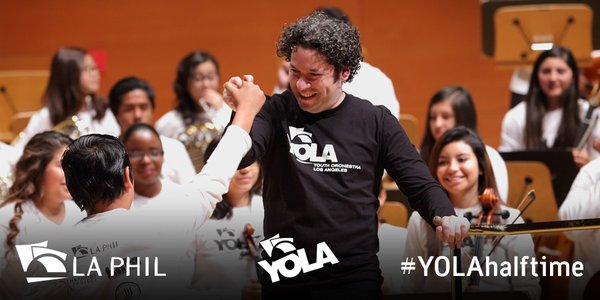
Some people think that art is a luxury and must be cut back in times of crisis. These people must understand that precisely during times of crisis the unforgivable sin is to cut access to art.
In my beloved home of Venezuela such a crisis is happening right now. People are spending their days looking for food, medicine and the necessities of life.
The same arguments exist — how can we fund music — the arts — when basic needs are not being met? A recent article posed the question: “Can El Sistema save Venezuela?” To me, the more appropriate question is, “Can Venezuela save El Sistema?” – which is now more important than ever to the people of Venezuela and to their hope. I work every day to ensure that once Venezuela moves beyond this current crisis, El Sistema will continue to rise and empower those who otherwise would have no dreams.
Read the full speech here.
York Minster this week sacked all 30 of its bell-ringers.
In a letter headed ‘York Minster invites everyone to discover God’s love’, the Rev Canon Peter Moger has told the volunteers that a professional would be hired in the New Year to select a new team.
Until then, no bells will be rung in York, not even at Christmas. And no love.

Not many know that a symphony which went on to sell a million records had its first performance in October 1976 in a church in Bielsko-Biała, with the composer conducting.
Next week, the symphony will be reprised by Bielsko-Biała Festival Orchestra, conducted by Jan Stańczyk, the composer’s grandson, who is making his podium debut.
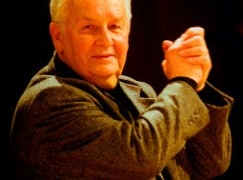
The composer Gerhard Wimberger, who has died at 93, was in charge of contemporary music on the board of the Salzburg festival during the late Karajan era, from 1971 onwards.
Safe to say, nothing that he commissioned frightened the horses in the Reitschule. Karajan conducted one of his suites.
Wimberger believed that Carl Orff and Arvo Pärt were proof that music need never stray outside the tonal frame. He was awarded the Austrian Composition Prize in 1967 and was professor of composition at the Mozarteum, 1969-91. He was also head of the rights collection organisation, AKM.
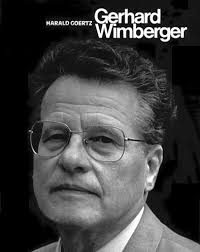
Next July should have seen the return of the Carl Orff festival at Andechs and Ammersee, near the composer’s grave. The festival, which ran annually from 1998 to 2015, had taken a year’s break and was being updated in a more interesting presentation.
However, the organisers have now filed for bankruptcy due to poor ticket sales at other classical events. Sad to say, the Orff Festival is off.
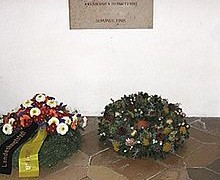
The Bournemouth Symphony Orchestra has created what it calls a ‘training place’ for a disabled conductor with cerebral palsy and limited movement.
The initial trainee, James Rose, uses a head-baton and will lead an ensemble made up of both able-bodied and disabled players. He was chosen by the orchestra ‘for his outstanding ambition’ and will start work in June 2017. The scheme is funded by an ACE grant and ‘a significant donation from two private donors.’
James says: ‘The prospect of developing a new ensemble for the BSO comprising of players with and without disabilities is an exciting one. This will not only provide a platform for new talented musicians, but it will also be used as a vehicle to inspire those who have disabilities to engage with classical music – whether it be playing or listening.’
